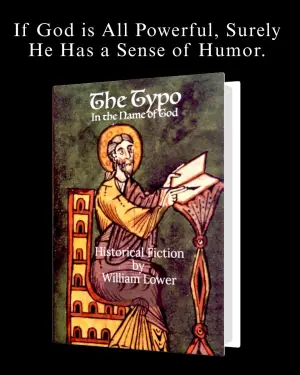
11 Oct Unraveling Secrets in Plain Truth: A Dive into Conflict and Belonging
Plain Truth: A Novel by Jodi Picoult – A Journey Through Faith and Justice
When I first picked up Plain Truth, I was drawn in by Jodi Picoult’s reputation for weaving complex narratives that challenge our perceptions of morality and humanity. A murder in a tranquil Amish community? That’s a premise promising depth and unexpected contrasts. Throughout my reading journey, I found myself grappling with questions of faith, familial loyalty, and the nuances of cultural disparity.
The story revolves around Katie Fisher, an 18-year-old Amish woman accused of infanticide after the body of a newborn is discovered in her community. This shocking opening sets the stage for a profound exploration of belief systems as Ellie Hathaway, a weary lawyer from the bustling city, is called to defend Katie. What unfolds is a beautiful yet unsettling tale of two worlds colliding—modernity against tradition, law against faith.
Characters and Themes
Ellie is incredibly relatable as she navigates the morally ambiguous waters of her career and personal life. Her struggle with cynicism and the search for purpose in her legal practices resonated deeply with me. I found her character so compelling, especially as she dealt with memories of her past that emerge when an old flame reenters her life, complicating her emotional landscape. The most striking aspect is how Picoult captures the essence of the Amish lifestyle—not just its simplicity, but the profound ethical beliefs that guide the community’s response to the alleged crime.
Katie’s character serves as a vessel for exploring the theme of societal judgment. The contrast between her humble upbringing and the media frenzy surrounding her trial serves as a poignant critique of how we often fail to understand those who live differently. Picoult’s research shines through, providing insights into Amish life that are both enlightening and nuanced—there are layers to their beliefs and how they interpret concepts of truth and morality that we may overlook.
Writing Style and Pacing
Picoult’s writing is thoroughly engaging—her ability to shift between perspectives adds depth to the narrative, enveloping the reader in the tension and emotions swirling around the case. At times, I found parts of the story to be slower-paced; however, these moments allowed me to absorb the culture and intricacies of the Amish community, ultimately enriching the reading experience. I noted several moments that were breathtaking, as when Ellie begins to understand Katie’s reality in a way that transcends the courtroom.
One powerful quote that encapsulates the book’s essence reads: “In this world, you will have trouble. But take heart! I have overcome the world.” This sentiment, echoed throughout the novel, serves as a reminder of the strength found in faith, whether it’s the faith in one’s beliefs or the faith we place in others.
Conclusion
Plain Truth is a significant read for anyone intrigued by the intersections of faith, culture, and justice. It’s particularly suited for those who enjoy character-driven narratives that challenge their views and provoke sincere contemplation about right and wrong. Personally, this book was an enriching experience, bringing clarity to my understanding of compassion that transcends legal boundaries. If you’re seeking a story that weaves together tension, emotion, and cultural exploration with a thrilling twist, look no further than Picoult’s masterpiece. It’s a tale that undoubtedly stays with you long after the final page is turned.









